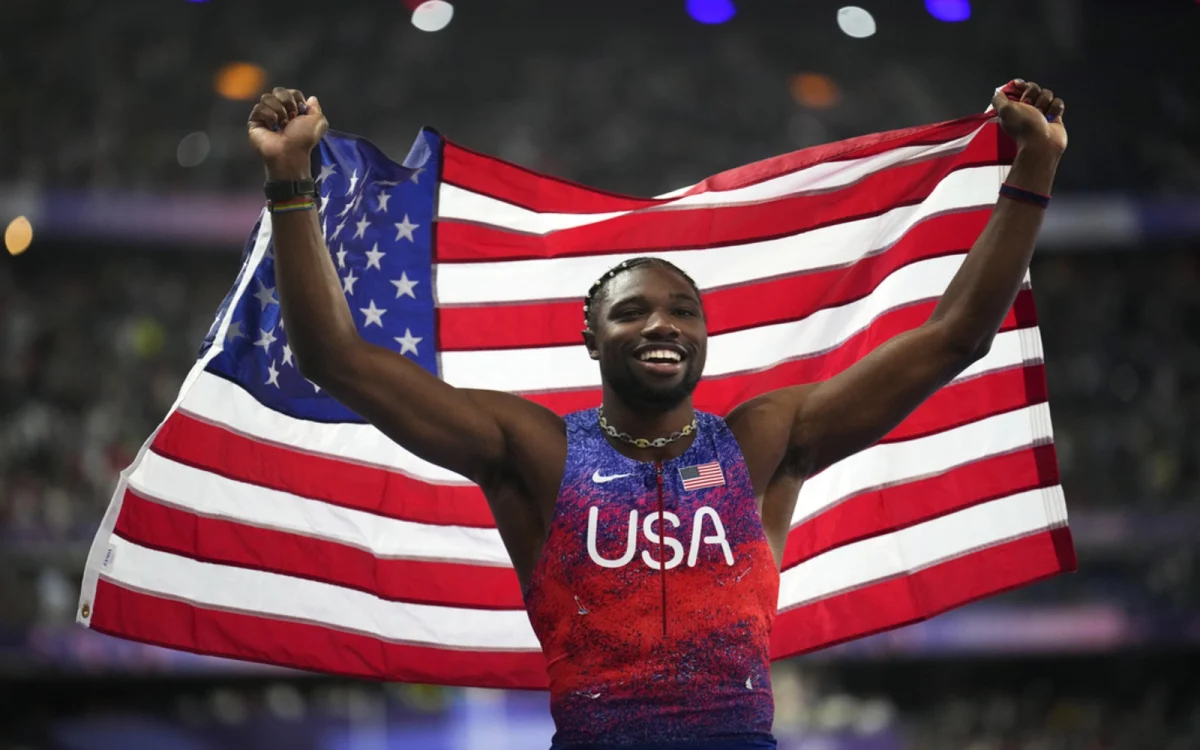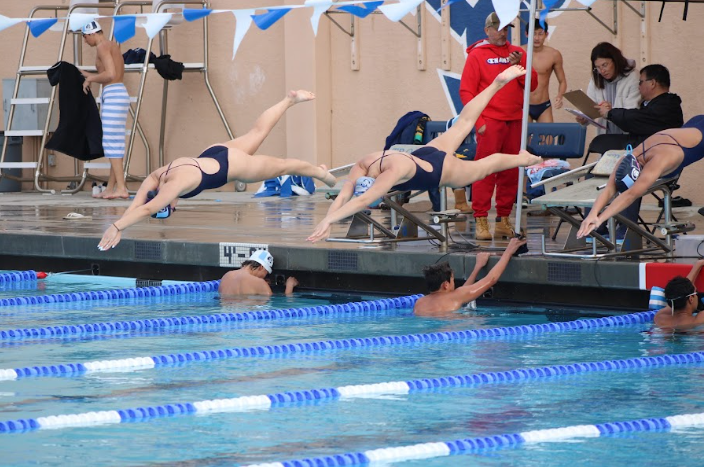On Aug. 4, at the men’s 100-meter event during the Paris Summer Olympics, American sprinter Noah Lyles made history by winning the gold medal, marking the U.S.’s first victory since 2004. Lyles also set a personal record with his performance.
Lyles made one of the closest finishes in Olympic history, crossing the line just 0.005 seconds ahead of fellow Jamaican sprinter Kishane Thompson. Lyles’ victory was unexpected, as he lagged for most of the race due to a sluggish start. However, when Thompson got close to the finish line in the final moments, Lyles suddenly sprinted through, beating the man dubbed the “fastest man in the world” this year.
This close finish received much attention in the sports world, with some suggesting the gold medal should be shared between the two sprinters due to their nearly identical finishing times. Confusion over the results carried on to NBC and their reporting crew.
“Thompson is a gold medalist,” NBC commentator Leigh Diffey said.
Diffey later apologized for the confusion on social media and congratulated Lyles on his achievement.
Despite initially being disappointed that he was not the victor, Thompson kept a positive outlook on his first-ever Olympic performance, reflecting on the importance of learning from the experience.
“It will hurt because I didn’t get the win,” Thompson said. “Naturally, everyone wants to win when they line up. But I just got to take a loss as a win.”
Lyles’ victory over Thompson ranked him high enough for him to qualify for the 200-meter event on Aug. 8. The track star finished third place in the finals, winning bronze. Despite testing positive for COVID-19 days earlier, Lyles competed, collapsing on the track after the race and being taken away in a wheelchair.
Despite being prevented from later participating in the 4 x 100m and 4 x 400m relay races by illness, Lyles’ historic performance at the 100 and 200-meter events will be remembered for his record-breaking determination.









